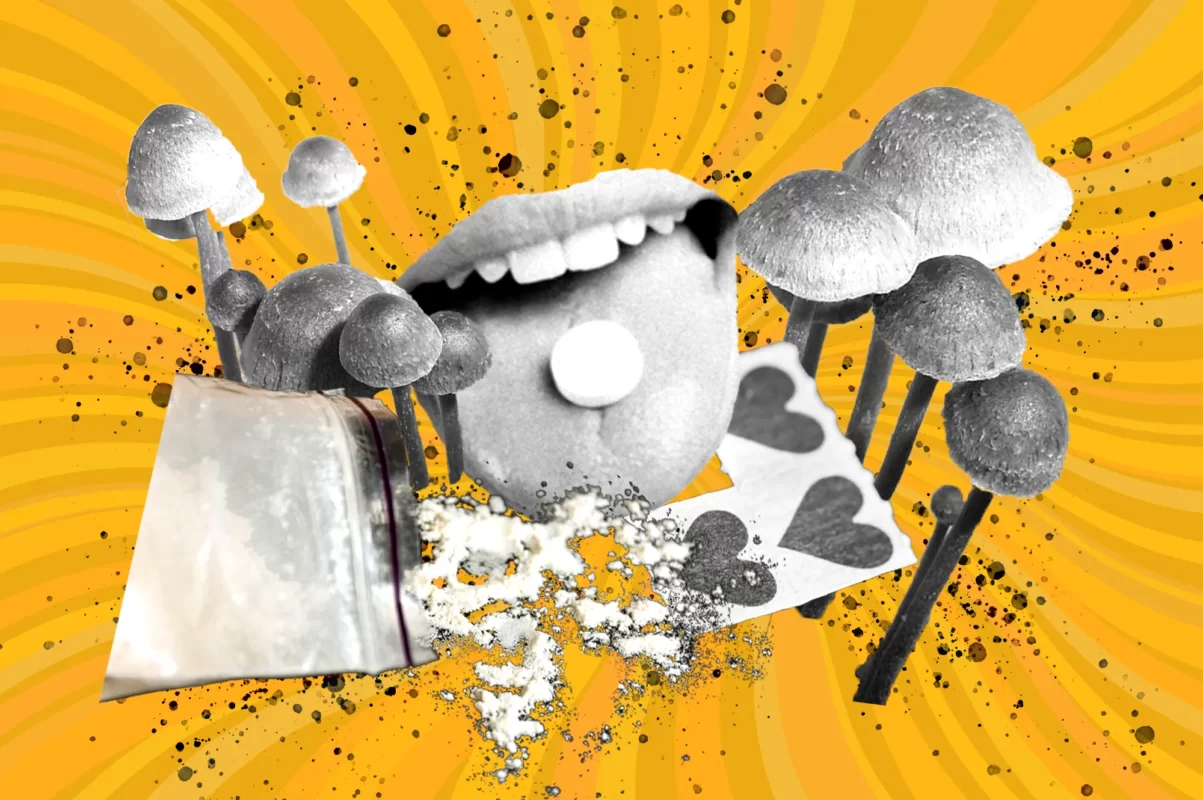Uncategorized
Legal Psychedelics 2023
Introduction
In recent years, there has been a growing interest in the potential therapeutic benefits of psychedelic drugs such as psilocybin, LSD, and MDMA. These substances, which have long been stigmatized and criminalized, are now being explored as potential treatments for a variety of mental health conditions, including depression, anxiety, and PTSD. While the use of psychedelics in therapy remains controversial, there have been promising results from early clinical trials, and many experts believe that these substances could revolutionize mental healthcare in the coming years. In this article, we’ll explore the current state of psychedelics research and the potential future of legal psychedelic therapy in 2023 and beyond.
The Current State of Psychedelic Research
While the study of psychedelic substances is nothing new, the recent wave of interest in these drugs as potential therapies has led to a surge of new research in the field. Clinical trials are currently underway investigating the efficacy of psilocybin-assisted therapy for depression and anxiety, MDMA-assisted therapy for PTSD, and LSD-assisted therapy for a variety of mental health conditions.
So far, the results have been promising. A recent study conducted by Johns Hopkins University found that psilocybin-assisted therapy was more effective than traditional antidepressants in treating depression. Similarly, early trials of MDMA-assisted therapy have shown that the drug can help patients with PTSD process traumatic memories and reduce symptoms. While the research is still in its early stages, many experts believe that these substances could provide significant benefits to patients struggling with mental health issues.
The Legal Landscape of Psychedelics
Despite the promising results from early studies, psychedelics remain illegal in most countries around the world. In the United States, for example, psilocybin, LSD, and MDMA are all classified as Schedule I substances, meaning they are considered to have no medical use and a high potential for abuse. This classification has made it difficult for researchers to study these substances and for patients to access them as potential therapies.
However, in recent years, there has been a growing movement to legalize psychedelics for medical use. In 2020, Oregon became the first state in the US to legalize psilocybin-assisted therapy, and several other states, including California and Colorado, are considering similar measures. In Canada, psilocybin is currently undergoing a clinical trial for use in end-of-life care, and the government has indicated that it may be open to legalizing the substance for medical use in the future.
While the legal landscape for psychedelics remains complex, there are signs that attitudes are shifting, and more research and legalization efforts are likely to follow in the coming years.
The Future of Legal Psychedelic Therapy
So, what might legal psychedelic therapy look like in 2023 and beyond? While it’s difficult to predict the future with certainty, there are a few potential scenarios that could unfold in the coming years.
Scenario 1: Widespread Legalization
One possibility is that we could see widespread legalization of psychedelics for medical use. If more states and countries follow in Oregon’s footsteps, we could see a situation where these substances are available to patients across the world. This could lead to a surge in research and a more thorough understanding of how these substances work and what their potential benefits and risks are.
Scenario 2: Limited Legalization
Another possibility is that we could see more limited legalization of psychedelics, with only certain substances or certain conditions being approved for medical use. For example, we may see MDMA-assisted therapy become legal for the treatment of PTSD, while other substances remain illegal.

Scenario 3: Continued Criminalization
While the movement towards legalizing psychedelics for medical use is gaining momentum, there is still a possibility that these substances will remain criminalized for the foreseeable future. This would make it difficult for researchers to conduct clinical trials and for patients to access these substances as potential therapies.
The Challenges of Legalizing Psychedelics
While the legalization of psychedelics for medical use could have significant benefits, there are also challenges to consider. One of the biggest challenges is ensuring that these substances are used safely and responsibly. Psychedelics can be powerful drugs, and if not used properly, they can be dangerous.
To address this issue, many advocates of legal psychedelic therapy are calling for strict regulations and protocols around their use. These regulations would include things like mandatory training for therapists, standardized dosing guidelines, and strict screening protocols for patients.
Another challenge is the stigma surrounding psychedelic drugs. Despite growing evidence of their potential therapeutic benefits, many people still view these substances as dangerous and illegal. To overcome this stigma, it will be important for advocates of legal psychedelic therapy to educate the public about these substances and their potential benefits.
Conclusion
The potential therapeutic benefits of psychedelics are becoming increasingly clear, and there is growing momentum towards legalizing these substances for medical use. While there are still many challenges to overcome, the future of legal psychedelic therapy looks promising.
Whether we see widespread legalization, limited legalization, or continued criminalization, it is clear that the use of psychedelics in therapy is an area of growing interest and importance. As research continues and attitudes shift, we can expect to see more progress in this field in the coming years.
As with any new medical treatment, it will be important to proceed with caution and carefully consider the potential benefits and risks of legal psychedelic therapy. However, given the promising early results and the growing support for these substances, it is clear that they have the potential to revolutionize mental healthcare in the years to come.



